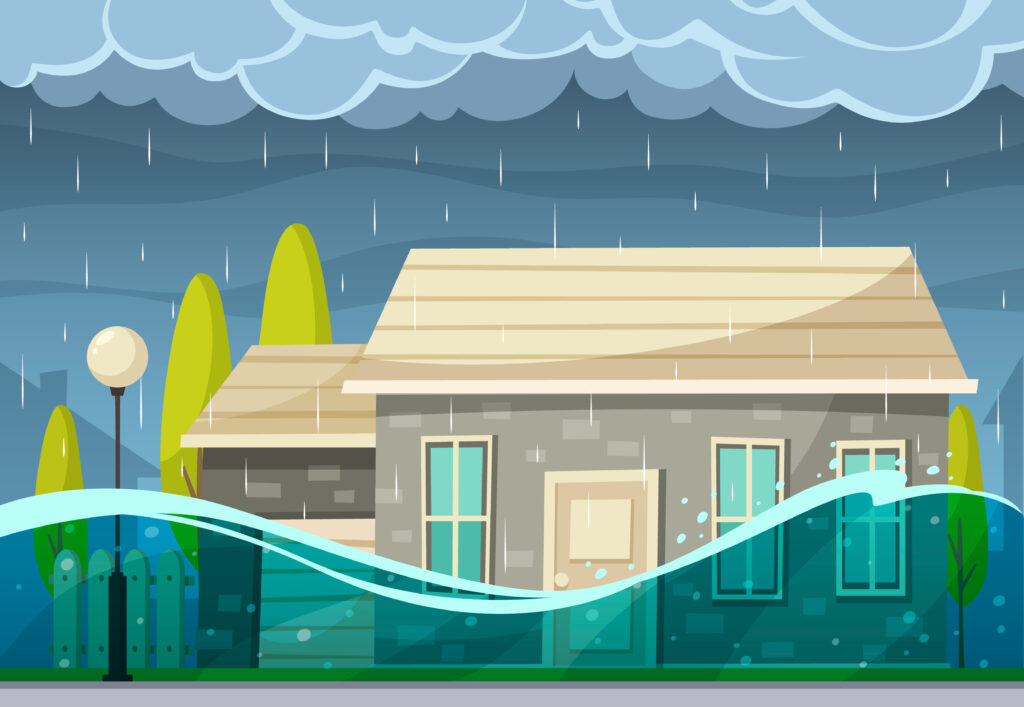
“It’s not the heat, it’s the humidity!” Raise your hand if you’ve ever made that statement.
Between summer pop-up showers and drenching humidity, keeping your home dry during the summer can feel like an uphill battle. A few small changes can help ensure your home stays dry during these wet months.
Consider a dehumidifier
Dehumidifiers come in many varieties, from whole-home systems designed to maintain humidity at predetermined levels to portable units with tanks you need to empty on a regular basis. A dehumidifier removes moisture from the air and funnels it into a collection system.
Check your downspouts and spigots
Your home’s gutter system, downspouts included, should be pushing water away from your home. If you have a damaged or misaligned downspout that’s dumping water right next to your home, this can raise the humidity level around your home during the summer and lead to leaks and even flooding over time. If you spend time with lawncare and gardening over the summer, make sure you always turn off outdoor faucets completely after finishing with them, so they aren’t dripping while you’re not looking.
Do you know where your condensate drain line is?
Let’s be real: if you live in the south and your air conditioning system breaks down, you’ll know it. Quickly. HVAC maintenance is a top priority for most homeowners, especially as summer approaches. That being said, there’s a good chance that not all aspects of the system are familiar. Case in point: the condensate drain line. What is it and why is it important? A condensate drain line is a line that runs through a home or building’s central air conditioning system and leads to the outside. Condensate lines are typically crafted with PVC pipe or metal, and they provide a funnel for the humidity and condensation created by air conditioner evaporator coils as the systems run. The condensate drain line is one of the most important parts of an air conditioning unit because it prevents excess moisture from building up and leading to potential damage to ductwork and insulation. The general recommendation is that all drain lines be extended at least five feet from the foundation of the home. This helps prevent moisture from accumulating around the home, decreasing the likelihood of foundation leaks and water intrusion.
If you suspect that your home is experiencing water intrusion or mold, an air quality test may be in order. Between now and August 31, 2022 we are offering 25% off all air quality testing services. Just mention this blog when you book by calling (678) (678) 796-8355.
